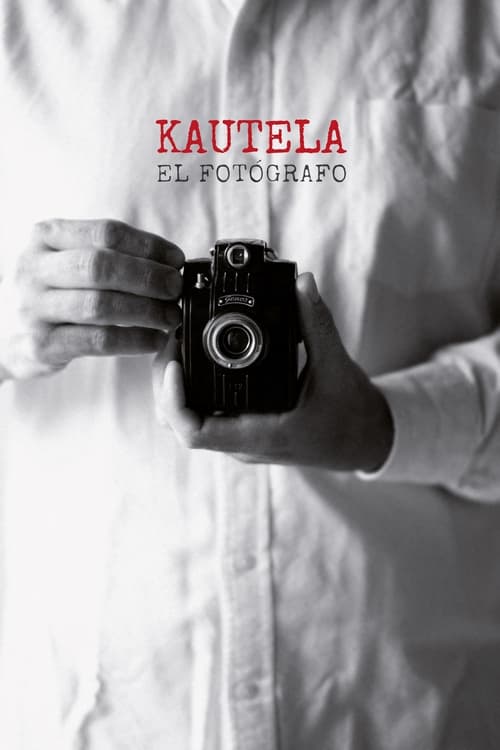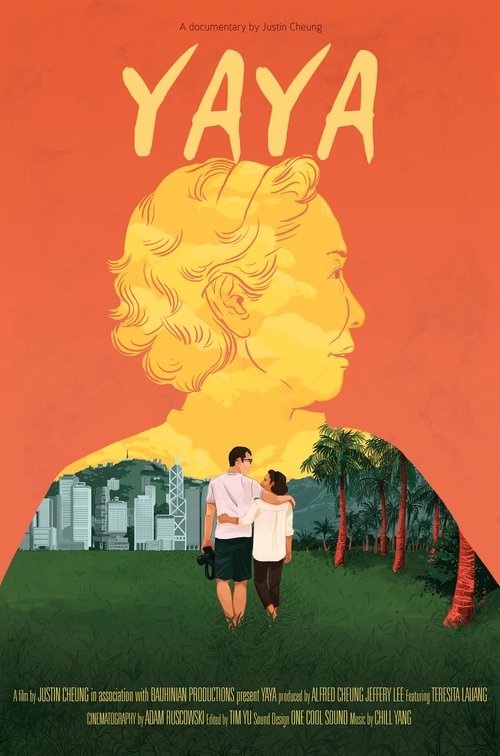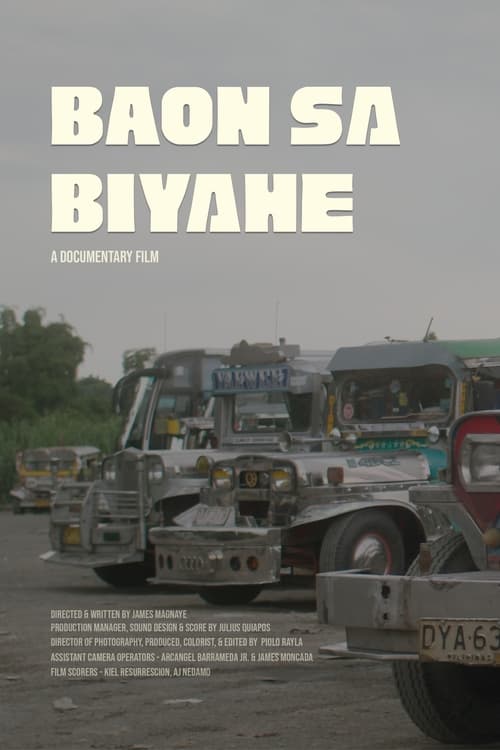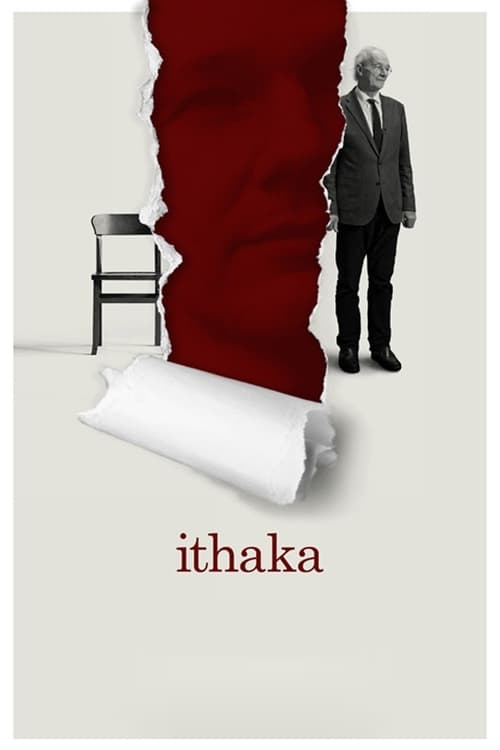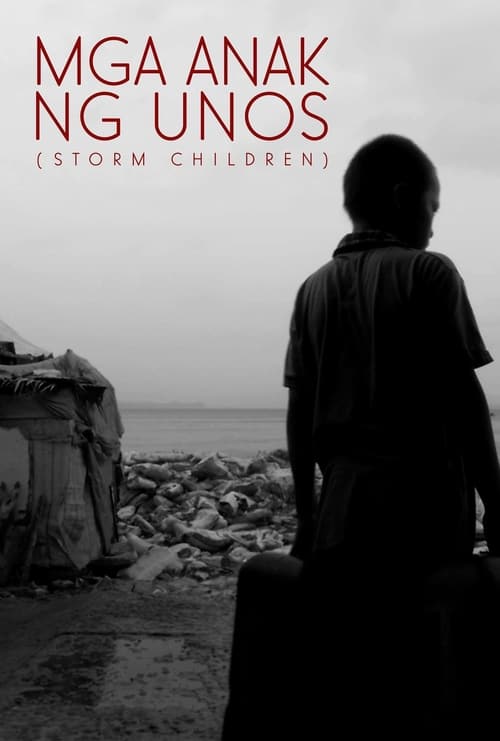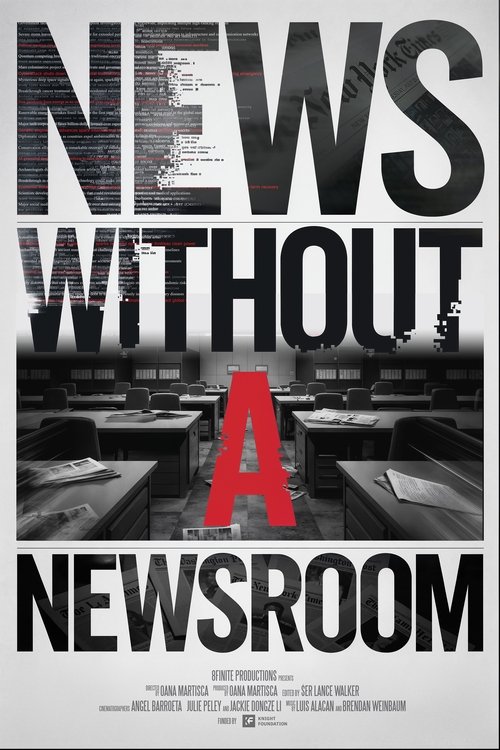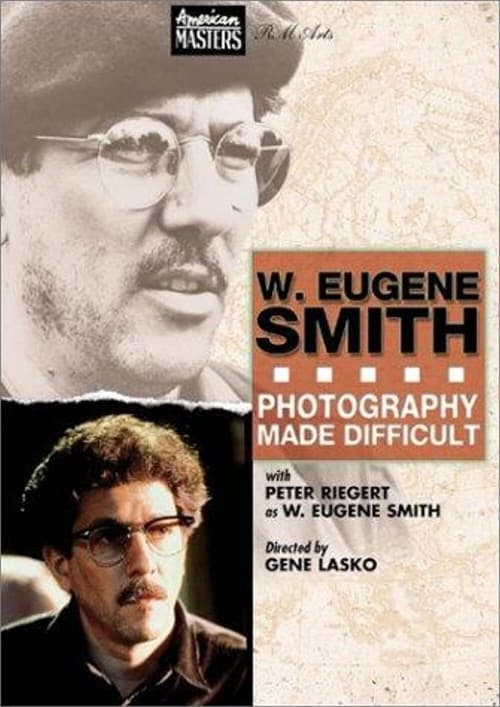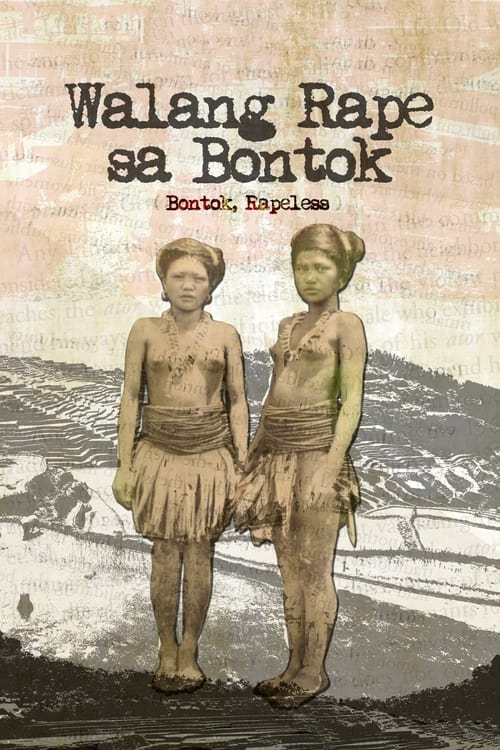Psywar
This film explores the evolution of propaganda and public relations in the United States, with an emphasis on the elitist theory of democracy and the relationship between war, propaganda and class. Includes original interviews with a number of dissident scholars including Noam Chomsky, Howard Zinn, Michael Parenti, Peter Phillips (Project Censored), John Stauber (PR Watch), Christopher Simpson (The Science of Coercion) and others. A deep, richly illustrated study of the nature and history of propaganda, featuring some of the world’s most insightful critics, Psywar exposes the propaganda system, providing crucial background and insight into the control of information and thought.
⭐ 7.0





